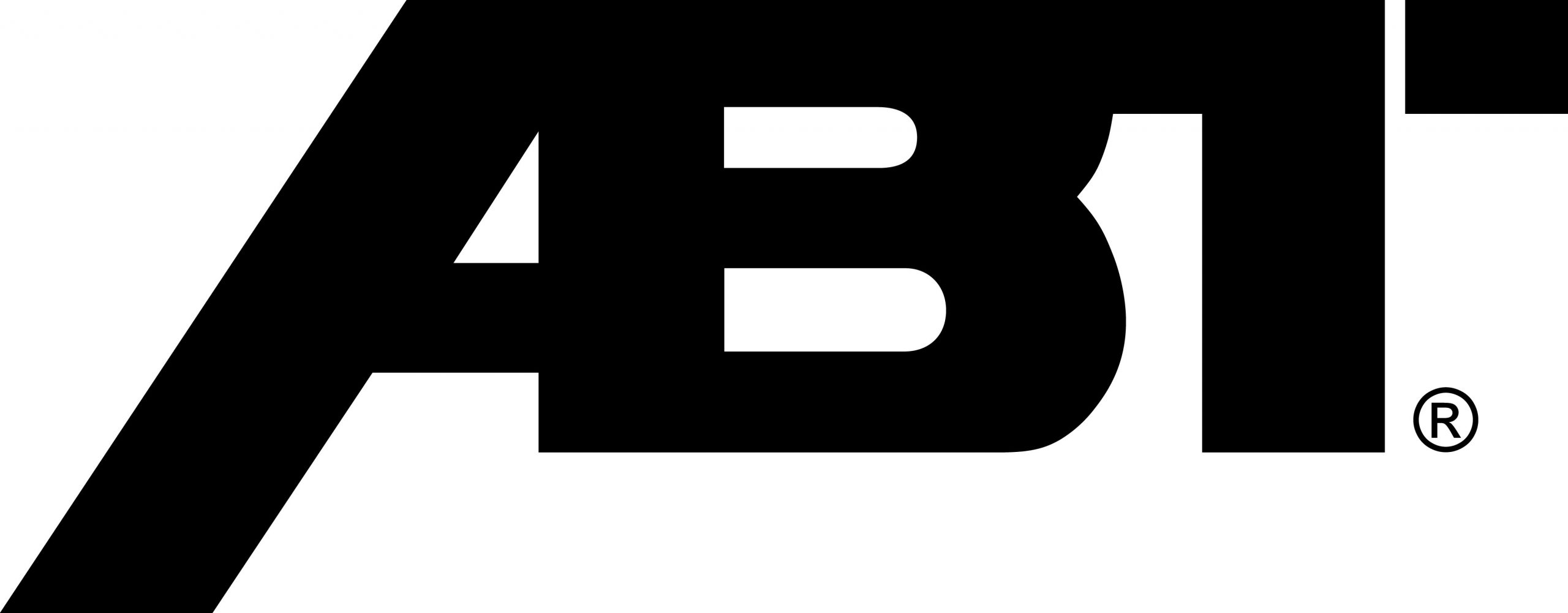To say the pace of change has picked for Audi in motorsport would be an understatement. Less than a week ago (Nov 26), Audi pulled the wraps off of next season’s FE07 Formula E racer complete with Audi-developed MGU05 powertrain. Today, they’ve revealed plans for an electric assault on the 2022 Dakar Rally plus Audi Sport GmbH boss Julius Seebach taking the helm for motorsport efforts, and he’s already signaling a return to the top tier of endurance racing (and Le Mans) by 2023. This is all very big news and likely most welcome to Audi enthusiasts pent up amidst a pandemic, so here’s what you need to know.
Audi Sport Had Ramped Down Its Campaigns
While Audi Sport customer racing has continued to grow over the years, with no less than R8 LMS GT3, R8 LMS GT4, R8 LMS GT4 and RS 3 LMS TCR offerings, top tier motorsport campaigns other than the all-electric Formula E series had been winding down since 2016 when Audi Sport rolled its R18 e-tron hybrid LMP1 cars onto the transporters for the final time.
At the end of 2020, the brand also closed the door on its DTM campaign, a story arc that had played out over literally decades. The four rings had been part of the DTM in the earliest days with the V8 (D1) from 1990-1992, then returned from 2002 to 2020 with the TT-DTM, A4 DTM, A5 DTM and finally the RS 5 DTM. Throw in a couple of years of touring car and so-called “tin top” racing had largely gone on uninterrupted at Audi since the 1990s. Though DTM’s popularity has declined over these last few years, there is no doubt that the brand’s departure from any touring car activities signaled a massive re-thinking of motorsport.
Now, Audi Sport is preparing to move on from Formula E as well… even as it’s just pulled the covers from its latest and most Audi-derived Formula E racer yet. Audi will stick with the series through the 2021/2022 Season 7 and continue to support the Envision Virgin Racing customer effort in that series at least one more season beyond that. However, with Volkswagen Group sibling Porsche now solidly committed to Formula E, perhaps it was simply seen as time to move on. In some ways that’s a shame though, because that Audi-specific motor is a major signal that independent technology development was just finally happening in earnest at Formula E.
Audi Sport’s departure from Formula E will open a two-car slot in an otherwise full field. Formula E limits its grid to 24 cars, so Ingolstadt’s departure could be an invitation for another manufacturer, or perhaps another team like Envision Virgin that wishes to field Audi technology. It’s worth noting the Audi press release on the subject hinted at this by stating, “The use of the newly developed Audi powertrain by customer teams will remain possible beyond next year.”
To date, Audi only has one customer in Formula E with Envision Virgin Racing, so their choice of words is likely strategic on multiple levels. A new team seeking proven tech and a track record in the sport could turn to Audi as a technology partner, however whether or not Audi’s role as supplier could carry on beyond Season 8 remains to be seen.
Of the Dakar Rally, plus Dakar, and Rallying in General
As rallying goes, Dakar is a fascinating option for Audi Sport. Ingolstadt has a long history proving relevant tech in its racing efforts, making series or events with a more open allowance of technology adoption to have more holding power over brand strategists. This likely explains why Audi appears to be noncommittal thus far to the fledgling and very much spec Extreme E electric rally series.
On the surface, Extreme E should have ticked all the boxes – electric, SUV-based form that could be used to promote the e-tron, and ABT Sportsline signed on early to field a team on their own just as they did in Formula E. Alas though, Extreme E is decidedly spec for Audi just as Formula E was in its early years, and for a brand that likes to show off it’s own tech… well that’s a bit stifling.
Not so Dakar. Audi has confirmed it is jumping in whole hog with Dakar and a new experimental electric drivetrain including a TFSI-powered “electric converter” that would be key for the long distances experienced in the likes of Dakar.
Audi sites its history in rallying as a strong driver in the decision to go to Dakar. Brand PR on the subject stated, “After many international successes in a wide range of categories, Audi is thus returning to rallying, which marked the beginning of the brand’s successful history in motorsport. From 1981, the Audi quattro revolutionized rallying.”
The heritage actually goes back further than that and, in doing so, it can be traced back to Dakar. Though badged a Volkswagen, Audi Sport went stealth in its quattro all-wheel drive development when the Audi race team fielded several Audi-developed Volkswagen Iltis army jeeps in the second ever 1980 Paris to Dakar Rally. Audi Sport boss Roland Gumpert led the effort, and Audi Sport driver Freddy Kottulinsky’s win marked the first-ever manufacturer team to win the race. Essentially, this under-the-radar Dakar run proved all-wheel drive just as Audi representatives were lobbying the FIA to include it in the upcoming WRC formula.
In those formative years, the Paris Dakar Rally was exactly that, a rally raid style run from downtown Paris to the beaches of Dakar. Over time, the tumultuous world of geopolitics has caused that race to relocate. It is currently held entirely in Saudi Arabia, but the tradition of rallying as an ultimate test of endurance remains.
Over the years, the Volkswagen brand cashed in on its association with that early Dakar. It ran purpose-built diesel-powered Touareg entries from 2008 to 2010. Interestingly, it also fielded a similar evolution of the race Touareg powered by the V12 TDI from the Audi R10 in the Baja 1000. Though not Audi brand developments, these efforts are an interesting sidenote to Audi’s own Dakar history and also its racing technology in extreme rally use.
Just where this developed-for-Dakar program goes remains to be seen. With Extreme-E likely single spec for the foreseeable future, this Dakar program might lead to a longer story arc that could lead to the Baja 1000 or even the WRC when it migrates to electrics in the future. If so, it wouldn’t be the first time Audi used the Dakar Rally for development purposes, and one statement from the Audi press release stands out. “Cross-country rallying will be the spearhead of the factory motorsport commitment in the future.”
Interesting.
And Then There is Le Mans
It’s hard to believe it was only a year ago, just before the pandemic hit, that IMSA and the WEC were announcing details for its planned LMDh prototype formula at the 2020 24 Hours of Daytona. As a refresher, this new class is meant to be competitive at the highest level in both IMSA and the WEC, which also means key 24-hour races like Daytona and Le Mans. Unlike the ACO’s Le Mans Hypercar class, LMDh is meant as a cost-effective prototype with manufacturer designed bodywork and drivetrains using a standard hybrid system based on a Williams battery and Bosch electric motor technology.
On the subject, Audi Sport boss Julius Seebach stated, “We are intensively preparing to enter the new sports prototype category LMDh with its highlight races, the Daytona 24 Hours and Le Mans 24 Hours. The most important message for our fans is that motorsport will continue to play an important role at Audi.”
No doubt fans of Audi and its motorsport activities around the world will be pleased at this news in particular. A return to Le Mans, Daytona and the other IMSA and FIA WEC race venues is sure to be incredible for Audi brand aficionados. As of this writing, our social media streams are littered with comments from longtime brand fans praising the news.
Another interesting facet about LMDh though is the consideration of customer racers. Longtime fans of Audi in racing will remember that the earlier pre-diesel years of the four rings in the American Le Mans Series and Le Mans, with various teams running the Audi R8 LMP1 on grids around the world, and often backed by Audi’s local operations or importer. Champion Racing rather famously raced with support from Audi of America, while other teams such as Team Goh, Oreca and others represented the brand in other markets and competed alongside Champion in races like Le Mans. While the TDI diesel and e-tron quattro hybrid era Audi LMP1s were incredibly costly and complex to run, effectively dousing Audi customer LMP1 activity, the LMDh formula will prove much more affordable to run, and possibly beyond Ingolstadt’s own factory cars.
The Future Looks Bright for Audi Motorsport Fans
There is no doubt this is exciting news on multiple levels. These last few years have been less engaging for Audi fans. At the same time, there is no doubt that the four rings’ rallying and endurance racing eras were amongst the most memorable ever, forging the motorsport legend of the Audi brand. That Audi is choosing to embrace both rally and sportscar racing forms at once can only be viewed as the best of news.
Read the full press release from Audi on the e-tron connect blog HERE.




































